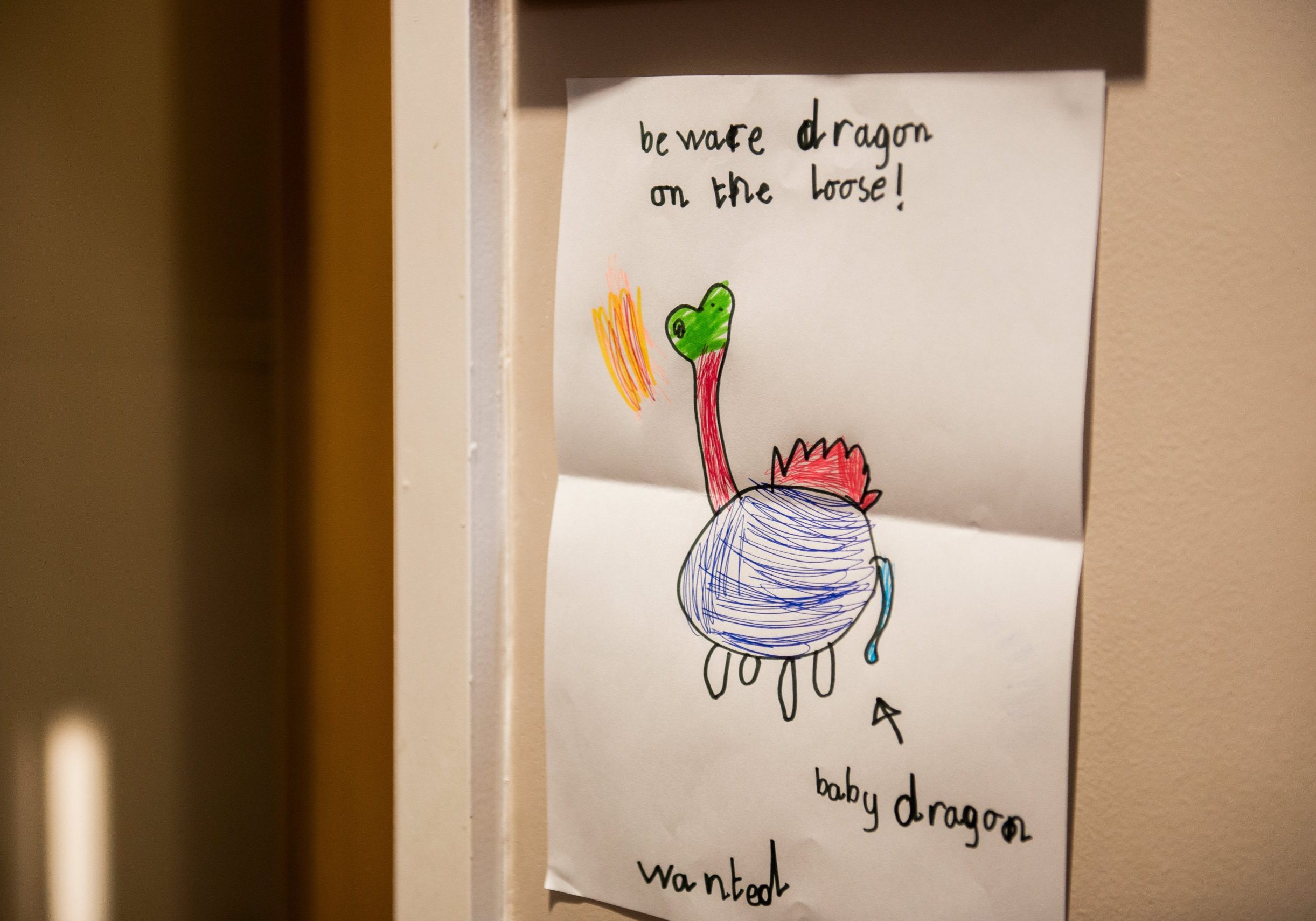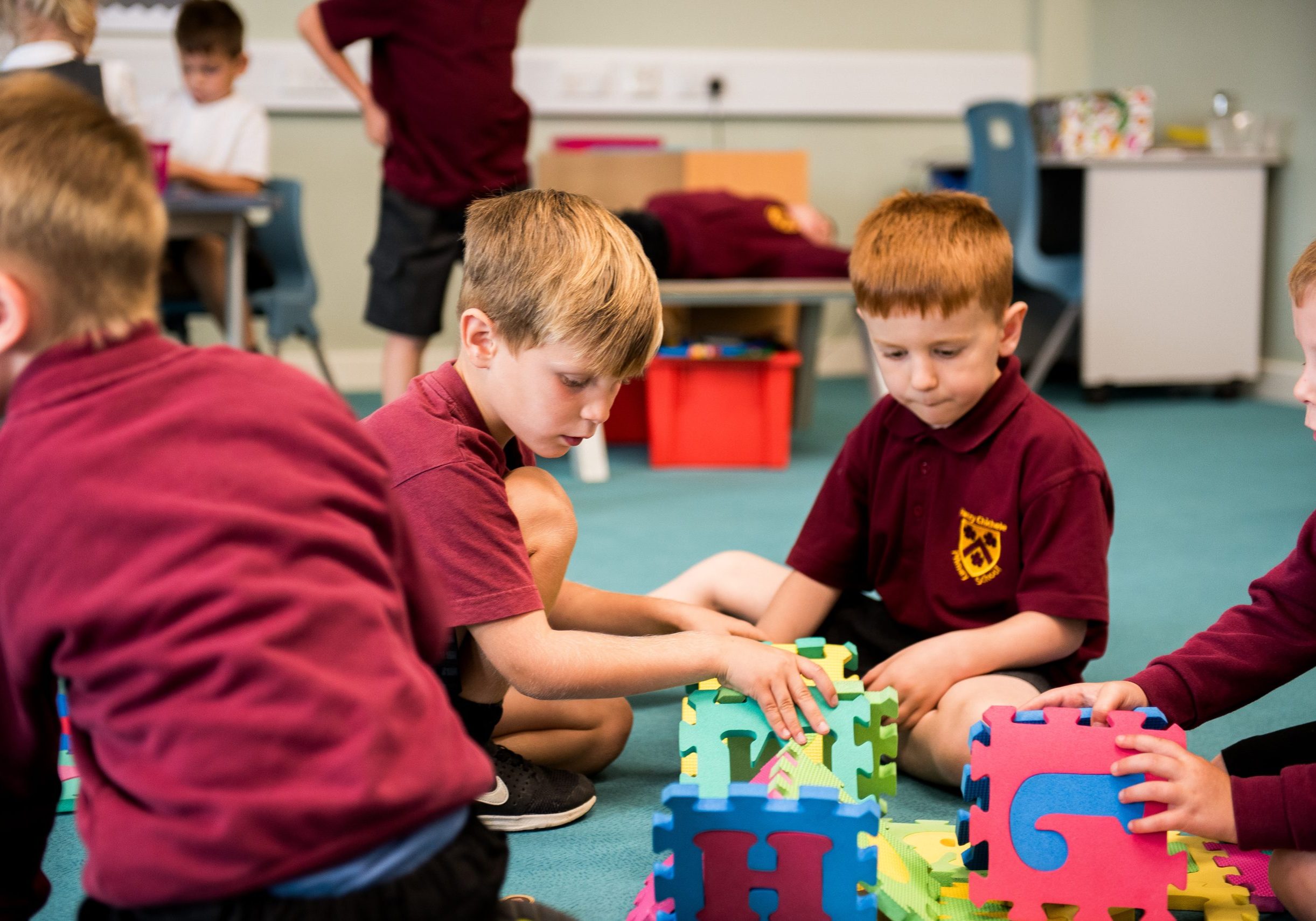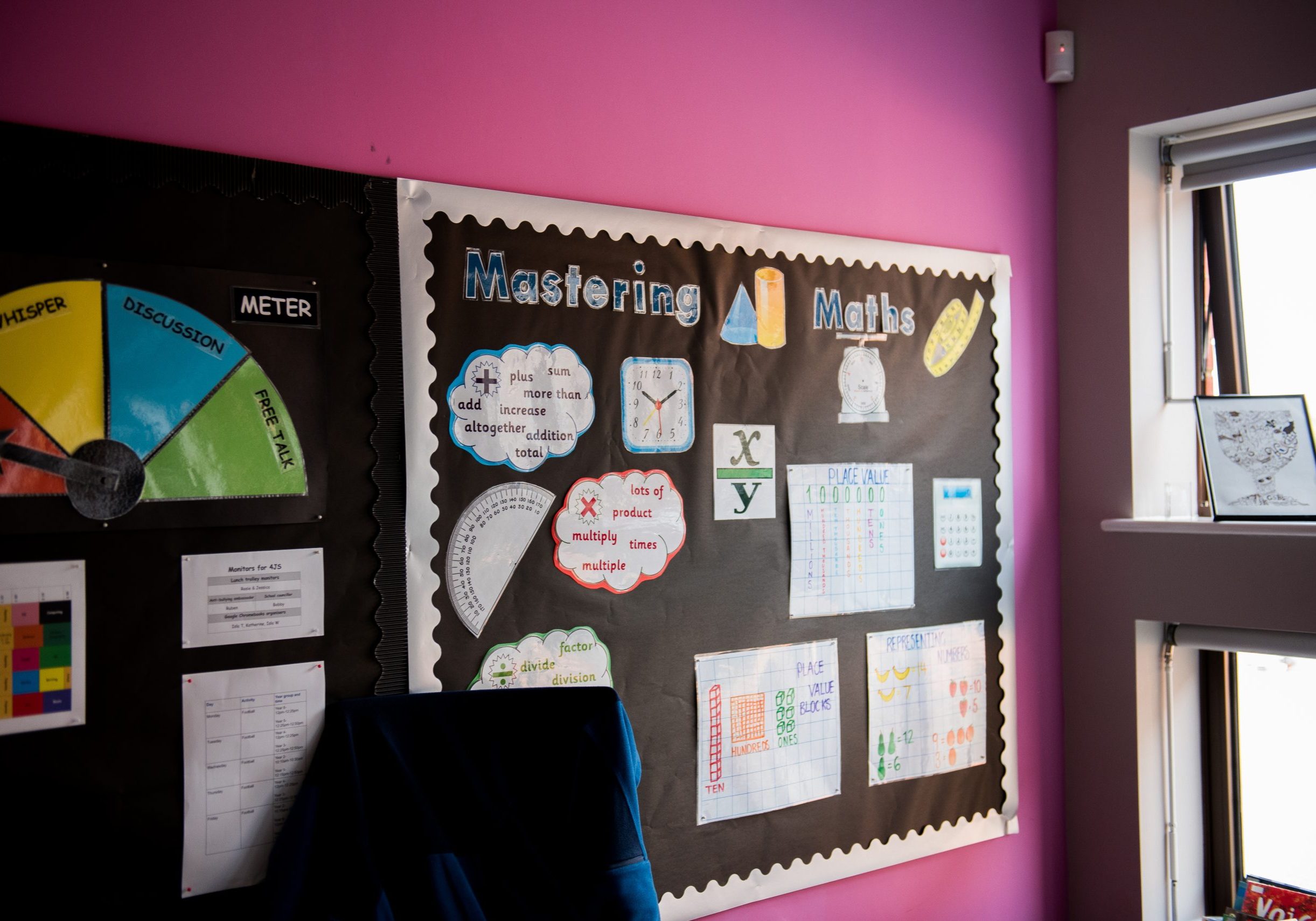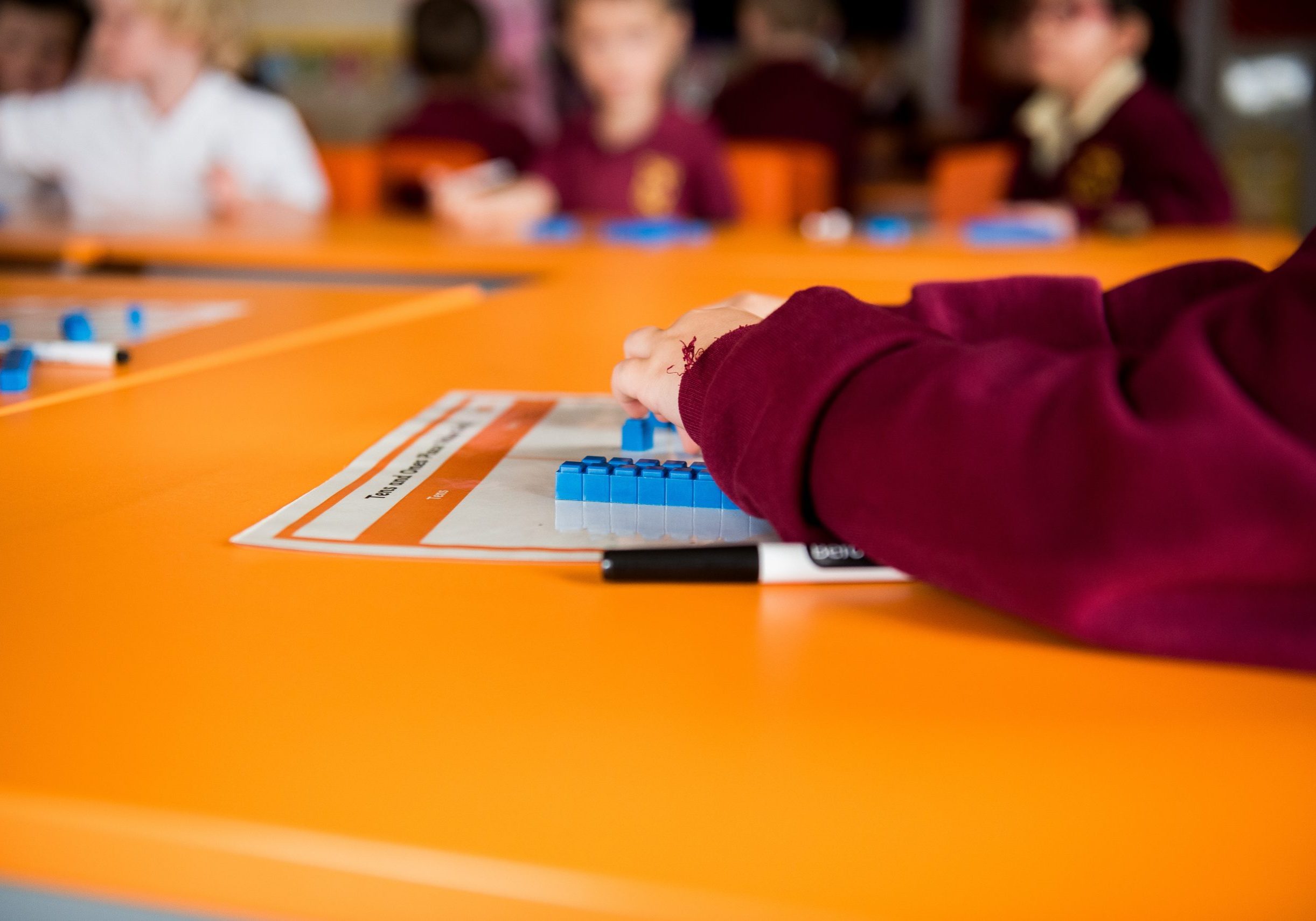In This Section
English & Phonics
Our Intent
The overarching intent for English in the National Curriculum (2014) is to promote high standards of language and literacy by equipping pupils with a strong command of the spoken and written word, and to develop their love of literature through widespread reading for enjoyment.
The national curriculum for English aims to ensure that all pupils:
- read easily, fluently and with good understanding
- develop the habit of reading widely and often, for both pleasure and information
- acquire a wide vocabulary, an understanding of grammar and knowledge of linguistic conventions for reading, writing and spoken language
- appreciate our rich and varied literary heritage
- write clearly, accurately and coherently, adapting their language and style in and for a range of contexts, purposes and audiences
- use discussion in order to learn; they should be able to elaborate and explain clearly their understanding and ideas
- are competent in the arts of speaking and listening, making formal presentations, demonstrating to others and participating in debate.
Our Way
Below you will find further information on how we equip our pupils with the skills needed to read and write.
Writing

Here at Henry Chichele, to ensure that the children have an opportunity to develop their skills in all of the above areas, we adopt the Talk for Writing approach to our literacy teaching. Through Talk for Writing, children investigate and imitate a model text. This gives children to opportunity to play the tune of tale before learning to write it. They will then develop their understanding of how to write for a particular focus by innovating the model text. The final stage of the process is to apply what they know through independent writing.
Throughout this process, we take great delight in sharing lots of other stories and literature, to investigate the way the text is written and how we can learn from those authors. Children are then given lots of opportunities to practice these skills in their independent writing.
The Talk for Writing process also enables children to share stories, be a part of the story creation, and create their own. During lesson time, children will also be taught a variety of skills to help them to: make sense of what they’ve read, make inferences, retrieve information or ideas, sequence information, summarise and make predictions about what is about to happen next. All while hearing a variety of texts.



Please see the document below for our coverage of genres within our writing curriculum:
Writing genres Overview - 24-25
Handwriting

We follow the https://kineticletters.co.uk/ programme to teach handwriting from Reception upwards. Please find parent support information below.
Reading
We believe that children reading for pleasure is paramount to children’s success in both reading and writing. Therefore our approach to the teaching of reading is underpinned by a love of books. We have many approaches to instilling a love of reading into our children including, but not limited to; daily story times for everyone, buddy readers and a fantastic library of lovely children literature that is regularly updated with new recommended texts.
We also ensure children experience a broad range of texts, by a wide range of different authors by sharing a class story at the end of every day.
We ensure this broad coverage by having a planned reading spine which we follow:
Henry Chichele Primary School Reading Spine September 2023



Phonics and Early Reading

For teaching effective systematic phonics, we use the highly effective approach of Read, Write Inc. (RWI). Read Write Inc. Phonics, Literacy & Language, Fresh Start and Spelling are highly successful literacy programmes for 4-13 year-olds created by Ruth Miskin and published by Oxford University Press. The training and support from Ruth Miskin Training, rated Outstanding by the Department for Education, ensure the programmes have the best chance of success in schools.
The Read Write Inc. programmes are carefully matched to the national curriculum, giving your children the best chance of success in the national tests. They show teachers, teaching assistants and parents step-by-step how to teach all children to become fluent readers, confident speakers and willing writers.
Our school uses:
Read Write Inc. Phonics for our children in Reception to Year 2 and for our children in Years 3 and 4 who need to catch up. Read Write Inc. Phonics is used by over a quarter of the UK’s primary schools. It is a comprehensive literacy programme, weaving decoding, comprehension, writing and spelling together seamlessly. Fidelity to the teaching programme, rigorous assessment, tracking and one-to-one tutoring ensures that we guarantee progress for every child.
For information and tutorials on how to support your child learning to read visit this website.
Read Write Inc. Spelling for our children in Years 2 to 6.
Read Write Inc. Spelling embeds impressive skills in just 15 minutes a day, quickly and effectively filling the gaps in children’s knowledge. To keep children engaged, aliens introduce spelling rules on an exciting online spelling planet and children complete quick-fire activities in their spelling logs. Progress is accurately recorded using practice tests and teachers learn how to move children on
quickly.
For more information on Read Write Inc. Spelling visit this website.
The following document details our intent for the acquisition of phonic knowledge throughout the early years and KS1:
Would you like to know more?
Please contact our English Leads, Mrs Grove and Mrs Johnson, our Phonics Lead, Mrs Scott and our Reading Lead Mr Hart through our school office or by using the contact form.





